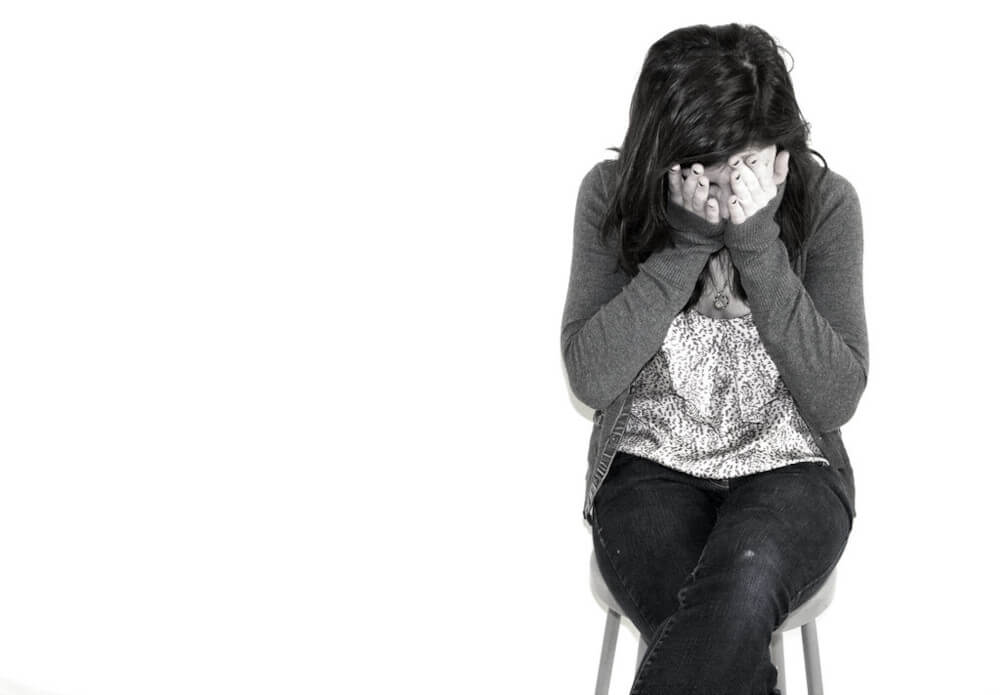Have you ever found yourself in a position when you felt like dying and wanted to vanish because you were so ashamed? Indeed, you have undergone a humiliating incident at least once in your life. You don’t want to repeat your mistakes. Embarrassment is something you want to avoid in the future, too. However, other people will never stop trying to teach you a lesson about your own mistakes. You feel humiliated because others make fun of your faults.
If shame and humiliation are serious issues for you, or if you’re on the verge of experiencing one, this book can help you move past your guilt and regret, recover your sense of dignity, and emerge from adversity stronger than before.
Define Humiliation
The act of making someone feel ashamed is known as humiliation or embarrassment. A public display of this feeling makes you appear weak and vulnerable to ridicule and manipulation. When others see your weak side, it can be humiliating.
Being made to feel less than human is a humiliating experience. Feelings are all over the place when shame strikes. You aren’t sure if you’ll defend yourself or keep your cool. Can you feel shame if no one finds out about a mistake you made? Is it more or less embarrassing depending on how many others saw what happened?
Embarrassment is one of life’s most unpleasant feelings, and no one ever wants to experience it again. This may be keeping you from taking advantage of opportunities like leading others or speaking up when you already know the solution.
Why Do People Feel Embarrassed?

Your embarrassment stems, in large part, from events in your childhood. An adult child’s difficulties with anger control and depression stem from childhood humiliation at the hands of their parents, peers, or educators. Among these formative events are:
- Negatively critiquing other children and children with mentally ill parents
- Problems in the classroom for those with Attention Deficit Disorder
- Misuse of sexual power
- Substance misuse or addiction Loss of social standing
- Discrimination based on one’s sexual orientation or race
- Physical development delays
- Unable to compete with a sister who has more skill
To protect children against the long-term repercussions of shame, you should:
- Praise a youngster when their actions cause you pride
- If you encourage your child in the pursuits they enjoy, they will grow up with a healthy sense of self-worth and the ability to bounce back from setbacks without feeling embarrassed.
- Children can’t protect themselves from public shame.
- Humbling experiences are essential to their development. Children’s long-term growth in healthy self-esteem is positively influenced by parental encouragement.

Personal loans are very convenient and available to almost everyone nowadays. But before you sign…

In 2014, a Con Artist Was Found Guilty of Stealing Money From a Company This…

The thriving South African gambling industry is a beacon for business opportunities, promising high revenues…
Methods for Overcoming Professional Embarrassment
As shocking as it may sound, bullying in the workplace is far more widespread than most people realise. Being bullied at work can make an already humiliating situation much worse. The following are some suggestions for coping with workplace bullying or humiliation:
Keep a Level Head
You are human; losing your cool in the face of public shame is a natural reaction. A disagreement can quickly escalate into physical violence when tensions are high. Don’t give in to the temptation to wallow in your wrath; doing so will only make things more challenging. Your coworkers will grow to dislike you even more.
To Hear, Reflect, and Be Heard
Don’t react hastily when provoked into an argument by someone’s harsh words; instead, take a deep breath and consider your options. Heed your sensible instincts, consider alternate approaches, and maintain a businesslike demeanour at all times. If your superior is putting pressure on you to do something, think long and hard about it. If you feel you must argue for your value, do so in a dignified manner. By doing so, you’ll get their admiration.
Get Out of There
If you are feeling embarrassed, it is better to leave the space immediately. Get as far away as you can, take a deep breath, and relax. If it’s your only opportunity to save face, then go ahead and do it. In addition to easing your pain, this will allow you to move on with your life without more conflict. Leaving the situation is one way to avoid an argument or a brawl. Walking away is not a show of weakness. Instead, this is the mindset of someone resilient enough to shrug off life’s setbacks.
Put Your Ego Aside and Keep Working
Don’t let being embarrassed at work ruin your life. Don’t take things so personally that it brings you down emotionally. Think about the individual who embarrassed you as a bullied kid at school. A lessening of your sense of shame is a positive side effect. Keep in mind that the end goal is worth the effort. You’re putting in time away from your loved ones to help support them. If you give in to the bullies, you will wind up on the losing side of the situation.
Don’t Let Your Friends Grow Far Apart
It’s comforting to know that some will stand up for you. Just be friendly and talk to them. Workplace humiliation is less likely to persist if you have pals to lean on.
When It Gets Too Much, Figure It Out
You can only keep the shame at bay for so long. You won’t solve your issue with this. If the mental anguish is too great to bear, then you must address the issue head-on. Face the source of your humiliation with professionalism and self-assurance. That person will be in such a bind as a result of this. This may also boost your sense of self-worth and confidence in the workplace.
An email to the human resources department outlining the specific problems that must be fixed immediately is a professional method to handle the situation.
What Can You Do If You’ve Been Embarrassed?

Here are some suggestions to help you get over the humiliation you’ve suffered:
- Recognize the causes of your reactions.
- Get clear about what you want out of life.
- Talk about your problems with an individual who can help you through them.
It’s not easy, but it’s not impossible, to bounce back from public shame. You need not make an issue out of your shame. It’s something that all people experience. If you don’t think being embarrassed is a big thing, then why are you embarrassed? Is it conceivable that you avoid making mistakes because of the judgment of others? It’s possible that these people meant well when they brought it to your attention. You were the only one with doubts about the situation.
Assuming Public Embarrassment
Some emotional wounds are fatally deep and never heal. True of public shaming as well. This is humiliating, but it’s also terrifying. Due to social media and the web, humiliating someone publicly is quicker and simpler than ever before. The lack of identification makes it simpler to humiliate the victim. People can more easily publicly insult you on social media without thinking about the repercussions.
During the Great Depression, suicide rates rose dramatically. Lots of folks lost money and possessions. Not being able to support themselves openly would have been too much for them to bear. Many people took their own lives as a last resort. A person’s emotional defences are down when they’ve been disgraced or humiliated. Because of this, you feel completely helpless and like disappearing into thin air. When one lacks both resilience and social support, suicide is an inevitable outcome.
Overcoming Embarrassment
As part of the treatment, the root causes of the humiliation experienced as a child will be identified and investigated. Humbling experiences can be treated with medication and psychotherapy.
Drugs and Psychological Disorders
A person’s susceptibility to shame may be increased by medication used to treat moods or anxiety disorders or even panic attacks. Depression and other mental health conditions require medication as well.
Therapy Sessions
Talking therapy is another option for dealing with feelings of shame. Talk therapy can help you identify what led to your humiliation, how you’ve been unconsciously coping with it, and what you can do to overcome your fear of shame and go on to a more fulfilling life.
Respect for Oneself and Others
To avoid shame, one must exhibit self-assurance, intelligence, and an inability to take criticism personally. Public humiliation is an inevitable part of life. Keep in mind that the most vital factor is the importance you assign to yourself. If you have a healthy dose of confidence in yourself, you can take the criticism, anger, and ridicule of others in stride.
Recognising and admitting one’s shortcomings is a key component of humility. Nobody else is to blame for your embarrassment when someone else makes fun of you. Instead, they opened your eyes to where you were lacking. Your immediate response will determine the outcome. What’s your reaction going to be, amusement or embarrassment?

